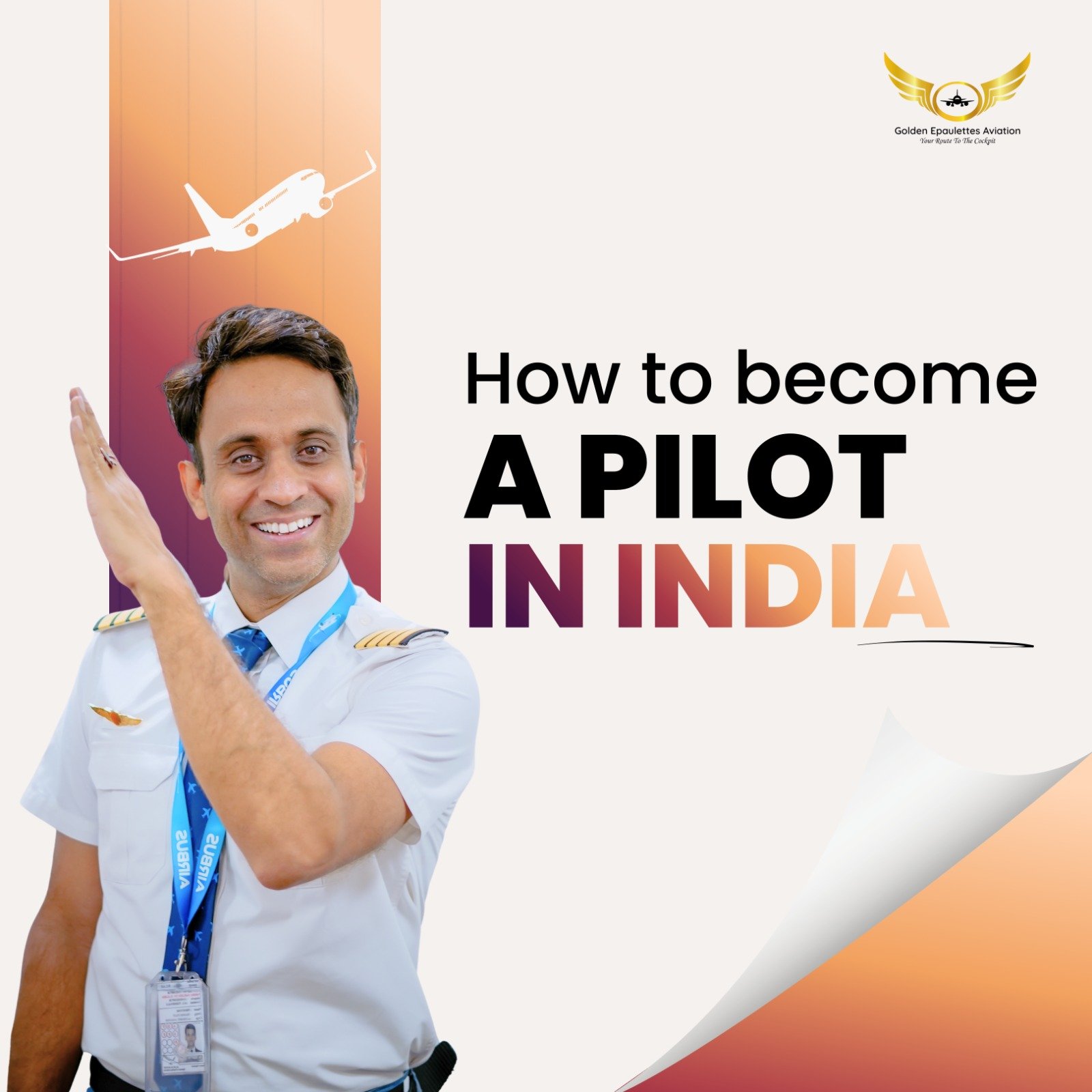DGCA CPL Ground Classes Overview: What to Expect
Content will be added soon
 Menu
Menu
Pilot Programs
An Overview of the Subjects Covered in the DGCA CPL Ground Classes
Capt. Tomar Awdhesh
Author

Thank you! Our team will contact you shortly on WhatsApp.